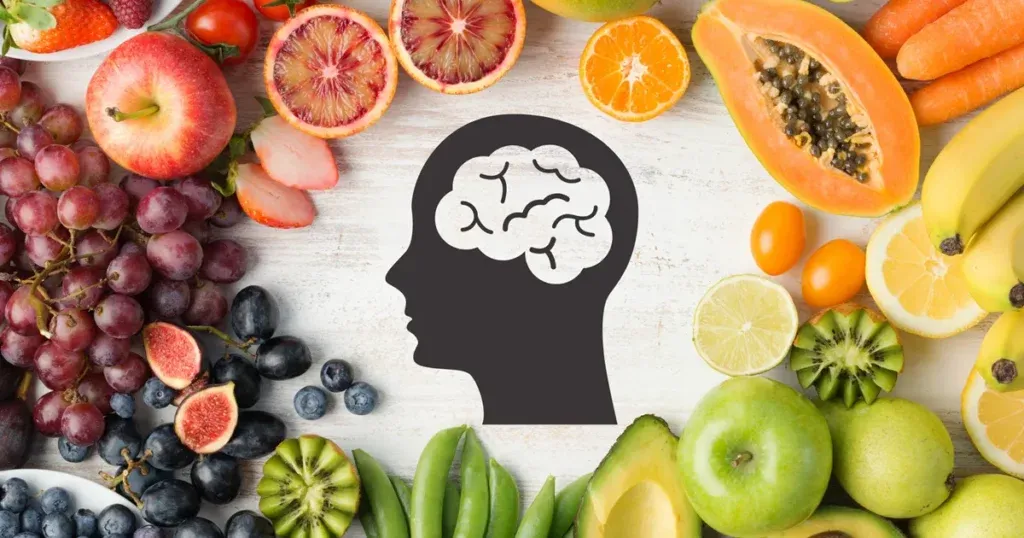So in the intricate dance of well-being, and we often focus on the physical aspects of health, and forgetting that our minds are integral players in this symphony. The food we consume isn’t just fuel for our bodies; but also it’s a crucial element in shaping our mental well-being. So let’s delve into the profound connection between the quality of food and our mental health in simple terms that everyone can grasp.
Imagine your gut as a second brain, communicating with your central nervous system. The food we eat directly influences the composition of our gut microbiota, impacting this intricate communication. A diet rich in fiber, found in fruits, vegetables, and whole grains, fosters a diverse and healthy gut microbiome, positively influencing mental health.
The food we choose plays a vital role in regulating blood sugar levels. Opting for complex carbohydrates, such as whole grains, helps maintain stable blood sugar levels, preventing the energy crashes that can negatively impact mood and concentration.
Fatty fish, flaxseeds, and walnuts contain omega-3 fatty acids, crucial for brain health. These fatty acids contribute to the structure of brain cells, supporting cognitive function and potentially reducing the risk of mental health disorders.
Proteins are composed of amino acids, some of which are precursors to neurotransmitters like serotonin and dopamine. These neurotransmitters play a vital role in regulating mood, stress response, and overall mental well-being.
Vitamins and minerals, obtained from a varied and colorful diet, are essential for cognitive function. For example, vitamin B-complex and magnesium are associated with stress reduction and improved mood.
Oxidative stress, caused by an imbalance between antioxidants and free radicals, can impact mental health. A diet rich in fruits and vegetables, packed with antioxidants, helps combat oxidative stress, supporting brain health.
Even mild dehydration can affect mood and cognitive function. Drinking enough water is a simple yet often overlooked aspect of maintaining mental well-being.
Our relationship with food goes beyond its nutritional content. Mindful eating, savoring each bite, and being aware of our emotional connection to food can positively impact mental health. It fosters a healthy relationship with food and encourages a positive mindset.
Highly processed foods, often laden with refined sugars and unhealthy fats, can have a detrimental impact on mental health. These foods may contribute to inflammation and oxidative stress, potentially influencing mood disorders.
While a cup of coffee can provide a temporary energy boost, excessive caffeine intake may lead to jitteriness and disrupt sleep patterns. Moderation is key to harnessing the positive effects of caffeine without causing undue stress on the nervous system.
In conclusion, the quality of the food we consume isn’t just about physical health. It’s a fundamental factor in nurturing our mental well-being. From the omega-3 fatty acids in fish to the colorful array of fruits and vegetables. Each bite plays a role in shaping our cognitive function, mood, and overall mental health. So, let’s savor the journey of nourishing not just our bodies. But also our minds with each wholesome and mindful meal.






